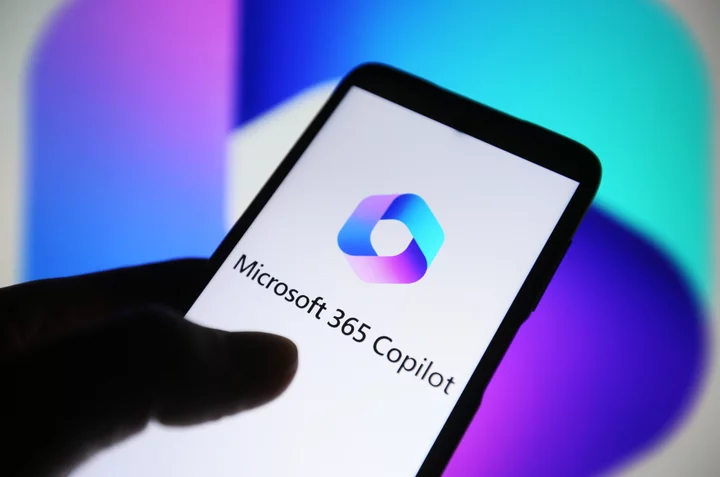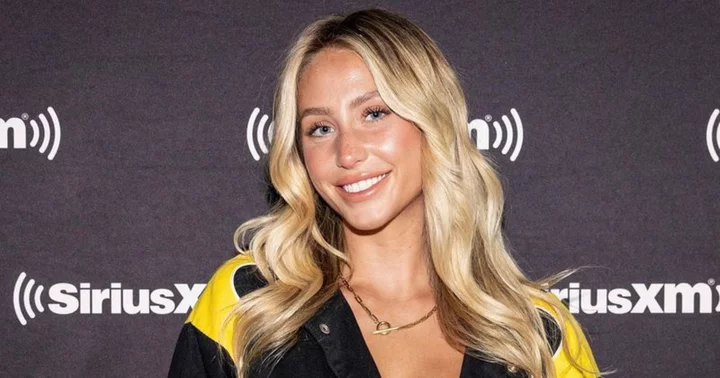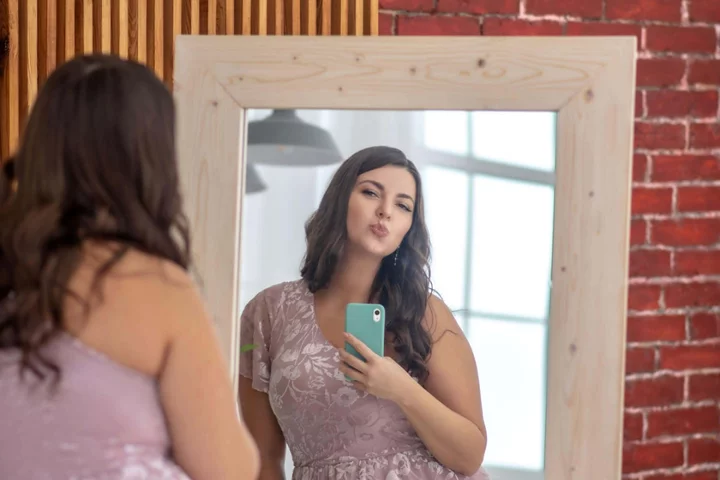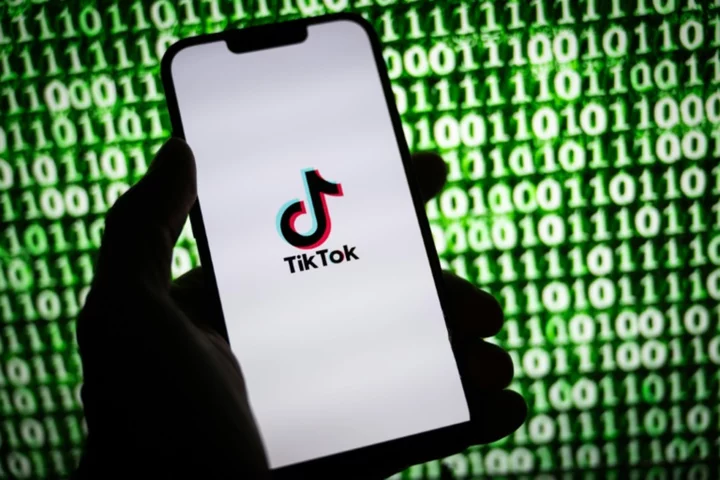Users of Microsoft's new AI assistant Copilot will have less to worry about when it comes to the legal ramifications of their AI-generated work, according to a new policy that offers broad copyright protections to Microsoft's AI users.
"As customers ask whether they can use Microsoft’s Copilot services and the output they generate without worrying about copyright claims, we are providing a straightforward answer: yes, you can, and if you are challenged on copyright grounds, we will assume responsibility for the potential legal risks involved," the company wrote in its announcement. "If a third party sues a commercial customer for copyright infringement for using Microsoft’s Copilots or the output they generate, we will defend the customer and pay the amount of any adverse judgments or settlements that result from the lawsuit, as long as the customer used the guardrails and content filters we have built into our products."
SEE ALSO: Update your iPhone now to fix this critical security flawSpecifically, Microsoft's Copilot Copyright Commitment extends Microsoft’s existing IP indemnification coverage to outputs generated by its AI chatbots and AI-powered assistants. The policy applies to paid users of its products and content generated under Microsoft's own content filters and in-house safety systems. "We are charging our commercial customers for our Copilots and if their use creates legal issues, we should make this our problem rather than our customers’ problem," Microsoft writes.
It builds on the company's broader AI Customer Commitments and AI Assurance Program intended to help customers responsibly use and deploy AI applications like Copilot and Bing Chat Enterprise.
"Like all new technologies, AI raises legal questions that our industry will need to work through with a wide array of stakeholders. This step represents a pledge to our customers that the copyright liability of our products is ours to shoulder, not theirs."









